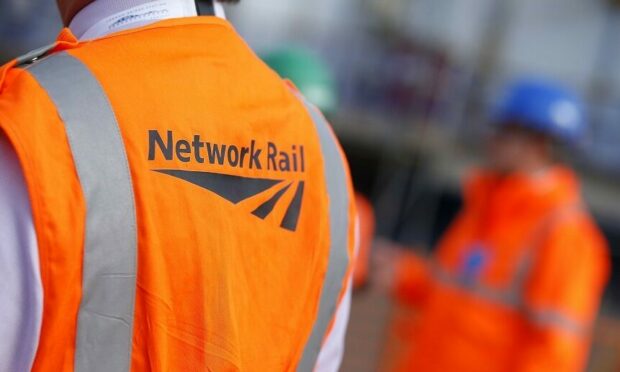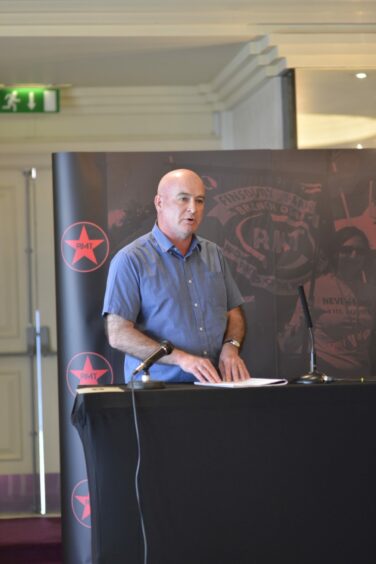There will be four rail strikes in the next six weeks if the UK Government doesn’t up the offer to rail workers, the RMT union has said.
Trains across the north and north-east have been plagued by delays and cancellations due to an ongoing protest regarding pay, job security and working conditions.
Three weeks after trains across the country were first brought to a standstill, more strike dates have been set by the Rail, Maritime and Transport Workers union (RMT) and Aslef.
Tens of thousands of workers at Network Rail and 14 train operators, including LNER, are expected to take part in the strikes.
Staff at ScotRail recently came to an agreement regarding pay, meaning they will not strike.
The company’s temporary timetable will come to an end next week.
Despite this, trains in the north and north-east are likely to be heavily affected by the upcoming strikes.
Who is striking when?
Wednesday July 27: RMT
Saturday July 30: Aslef
Thursday August 18: RMT if dispute is not resolved
Saturday August 20: RMT if dispute is not resolved
How will strikes impact trains in the north and north-east?
Network Rail owns and manages the rail infrastructure across Scotland. Network Rail is a public sector company that operates as a regulated monopoly.
The last time RMT workers took part in strike action in June, there were no trains across the north and north-east for three days.
ScotRail officials said it was “still assessing” the impact of strikes by RMT members, but it is “likely” services will face the same level of disruption.
Anyone hoping to use trains on days when strikes are planned should be aware of the high likelihood of cancellations.
‘They need to get serious’
A pay deal has been put to union leaders in the last couple of months, but they have so far been rejected.
RMT general secretary Mick Lynch said offers “fell well short” of what they should have been.
“The rail industry and the government need to understand that this dispute will not simply vanish,” he said.
“They need to get serious about providing an offer on pay which helps deal with the cost-of-living crisis, job security for our members and provides good conditions at work.
“Recent proposals from Network Rail fell well short on pay and on safety around maintenance work. And the train operating companies have not even made us a pay offer in recent negotiations.
“We remain open for talks, but we will continue our campaign until we reach a negotiated settlement.”


Conversation